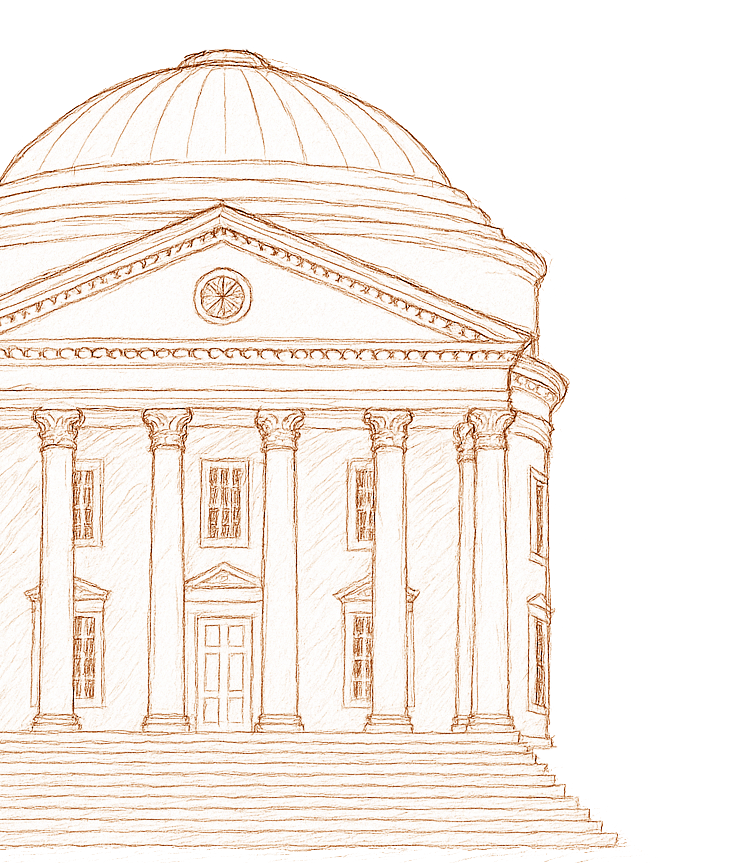
2022 IWL Faculty Retreat
IWL Faculty Retreat
Open Educational Resources and Open Pedagogy in World Languages
8:30-3PM, Friday on May 6, 2022
Language Commons (New Cabell Hall 298)
Registration here(link is external).
Schedule at a Glance
8:30-9AM: Continental Breakfast
9:00-9:05: Opening Remarks
9:05-10:35: Keynote: OER in University Language Courses
10:35-10:45: Break
10:45-11:30: Panel 1: Sharing Open Resource Projects at UVA
11:30-12:15: Panel 2: Resources and Support for OER Creation, Use, and Publishing
12:15-1:15: Multi-Cultural Lunch
1:15-2:45: Workshop: From Ideas to Deliverables
2:45-3:00: Reflections and Take-aways
Schedule
9:00-9:05 Opening Remarks
Alison Levine, Associate Dean for the Arts and Humanities
9:05-10:35 Keynote Speech
Title: OER in University Language Courses
Presenter: Jenny Ceciliano
Description: Open Educational Resources (OER) offer incredible advantages in language teaching and learning. Implementing an OER curriculum can result in benefits that go far beyond controlling costs for students, which is itself a significant step toward improving equity. Drawing on your own experience and expertise as language educators, as well as the contributions of collaborators around the world, it is possible to build a curriculum customized for your unique student group. With thoughtful design, your program can help students achieve desired learning outcomes not just in language acquisition, but also in diversity, equity, and inclusion (DEI). In this talk, I will give a brief introduction to OER, its general benefits and drawbacks, and its specific application to world language teaching at the university level. I will also share my own experience designing and implementing an OER textbook and curriculum for first-year Spanish at Portland State University, including my challenges and successes. DEI, adult education, assessment, and second language acquisition are all important pieces of the conversation. Whether you are in the first stages of brainstorming ideas for implementing OER, or you already have a few chapters written, it is my hope that you will be able to identify practical next steps in your process, which you will bring to the afternoon workshop.
Bio. Jenny Ceciliano is a Senior Instructor II of Spanish and the Coordinator of First-year Spanish at Portland State University. She has developed and implemented an OER program for Beginning Spanish at PSU, centering the student experience, and informed by principles of adult education and second language acquisition. With over 20 years’ experience teaching language to adults, Jenny has earned master’s degrees in Spanish and Educational Leadership and Policy, and she is currently pursuing an Ed.D. in Educational Leadership and Policy. Her current research interests focus on adult pedagogy and DEI in world language courses.
10:35-10:45 Break
10:45-11:30 Panel 1
Title: Sharing Open Resource Projects at UVA
Presenters: Anna Borovskaya-Ellis and Aaron Thompson (Russian); and Kate Neff and Matthew Street (Spanish)
Description: Anna Borovskaya-Ellis and Aaron Thompson (Russian) will share their work in creating and implementing open learning materials in beginning and advanced Russian courses.
Kate Neff and Matthew Street (Spanish) will describe the process used to create a new free, non-credit online Spanish refresher course, highlighting components, scope and sequence, and organization.
11:30-12:15 Panel 2
Title: Resources and Support for OER Creation, Use, and Publishing
Presenters: Judy Thomas, Bethany Mickel, and Brandon Butler (UVA Library)
Description: In this panel, colleagues from the UVA Library will share information on services and programs available at UVA and statewide to support OER, tools available at UVA for publishing, and copyright and licensing.
12:15-1:15 Lunch
1:15-2:45 Workshop
Title: From Ideas to Deliverables
Presenter: Jenny Ceciliano
Description: For this workshop, each participant will focus on concrete, actionable steps relevant to the current stage of their own process. Some examples may include articulating learning outcomes, determining assessment methods, creating a project timeline, and exploring available online resources for a specific language and level. I will share collected resources, as well as examples of assessment plans and learning outcomes. By the conclusion of the workshop, all participants should feel that they know where they want to go next and how to get there.
2:45-3:00 Reflections and Take-aways